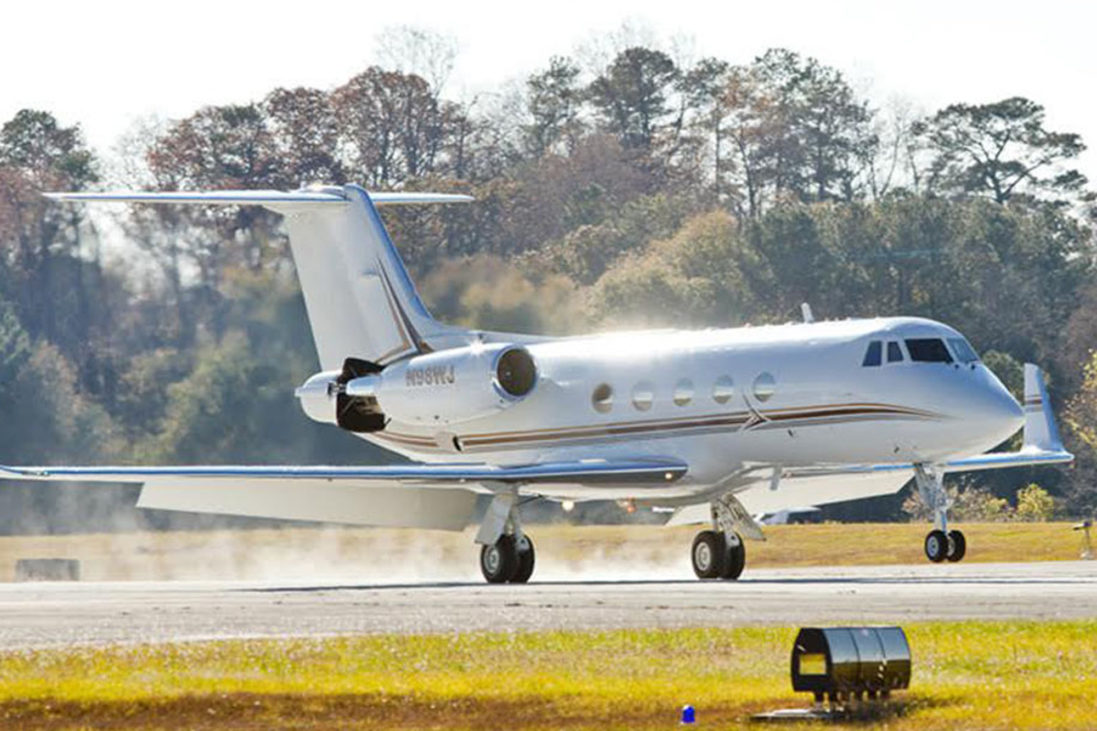
August 2, 2018
The U.S. aviation industry has dramatically reduced noise exposure and continues to do so, making any new legislative mandates on noise counterproductive to the protocols already in place, NBAA and a coalition of aviation organizations recently wrote in a letter to Senate leaders.
“While appreciating that aircraft noise exposure is an issue in certain communities, U.S. aviation has achieved tremendous noise reductions and the aviation industry remains committed to further advancements,” the aviation groups wrote in a July 26 letter to Senate Committee on Commerce, Science and Transportation Chair Sen. John Thune (R-SD) and Ranking member Sen. Bill Nelson (D-FL), as well as Commerce Subcommittee on Aviation Operations, Safety, and Security Operations Chair Sen. Roy Blunt (R-MO) and Ranking Member Sen. Maria Cantwell (D-WA).
“Indeed, the number of people exposed to significant levels of aircraft noise in the United States has dropped by 94 percent since the late 1970s, even as enplanements have more than quadrupled,” the letter states. “More recently, such noise exposure decreased 53 percent between 2000 and 2016, while enplanements rose 22 percent. And additional improvements are on the way.”
Dick Doubrava, NBAA vice president, government affairs, said that the aircraft-related noise proposals included in the Senate’s FAA reauthorization bill, which include additional provisions on noise exposure assessment, community outreach and review of FAA’s processes for approving new air traffic procedures are more than sufficient to augment the rigorous noise assessment and mitigation statutes already in place.
“Business aviation operators, the commercial airlines, engine and airframe manufacturers and airports have significantly reduced noise exposure through the development and deployment of new, quieter technology applications and the implementation of noise abatement operational procedures,” said Doubrava. “The industry is successfully implementing aircraft noise management and community outreach provisions already in place.”
The groups noted in their letter that “amendments that decree new noise measuring protocols, metrics, or thresholds; dictate flight paths; and/or adopt airport-specific flight procedures or aircraft operating restrictions would be highly concerning. Such legislative mandates would be shortsighted and counterproductive because they would seriously undermine the wide range of safety and environmental benefits associated with NextGen and the stability and connectivity of the National Airspace System.”
In addition to NBAA, the letter was signed by the Aerospace industries Association, Air Line Pilots Association, Airlines for America, Cargo Airline Association, General Aviation Manufacturers Association, National Air Carrier Association and the Regional Airline Association.


 International Business Aviation Council Ltd.
International Business Aviation Council Ltd.